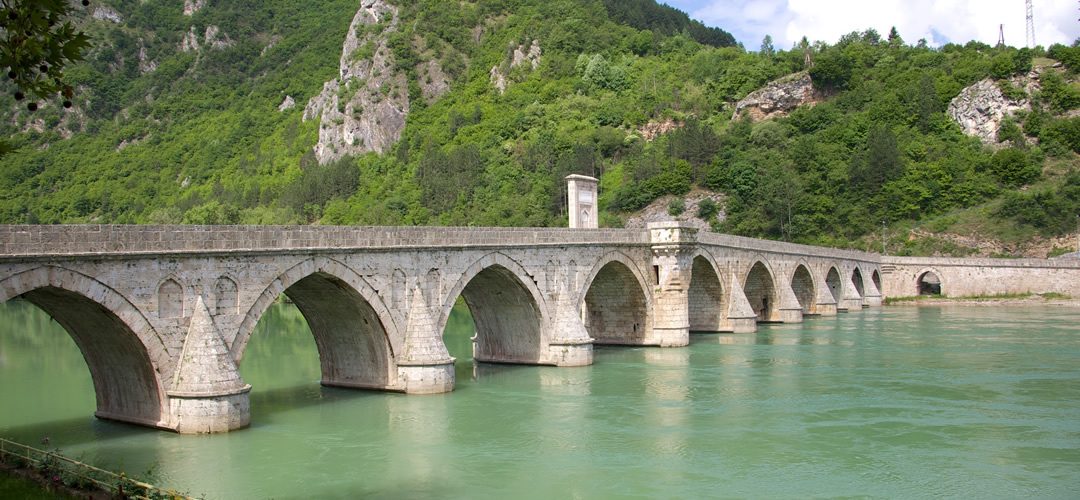There is a trend towards sustainability among consumers. Does that also apply to investing?
Harald Zenke: Very much so, because there is also pressure from what are referred to as “prosumers” – a nice buzzword for “professional consumers”. Germany’s Federal Grids & Networks Agency uses this term to refer to a group that both produces and consumes, especially in the field of renewable energies. And this group attaches more importance to its own production chains than producers and investors do.
At the end of the day, there are many ratings that deal with sustainability and the environment. For example, charitable foundations and churches have adopted the Oecom seal of approval as an investment criterion. Without this seal, no funds will be forthcoming from these investors.
Years ago, the Bertelsmann Foundation produced a survey undertaken by the University of Stuttgart, looking into whether sustainable investments are more successful – and, if so, why? Statistically, they found that, yes, they are more successful, producing higher returns – not because they are ecological, but because investors and entrepreneurs tend to look longer and harder at the processes involved, considering the impact on the environment, on themselves and on future generations. That’s why more and more investors are turning their backs on oil.
In other words, if you were to shoot a television series like Dallas today, it wouldn’t be set in the oil business, but would feature the world of wind turbines and hydroelectric power plants?
It would be “renewable energy meets digitalisation”. Information and networks are the oil of tomorrow. Society is changing as we speak. There is this concept of the “shared economy” where we’re starting to share much more, and by so doing we’re turning into a society with a more segmented, more regionalised way of thinking.
But there are also people who reject the shared economy because they feel it is taking something away from them.
What’s on these people’s minds is the issue of self-determination that springs from having one’s own production capacity. Prosumers want to become self-sufficient, plant their own vegetables again and put solar panels on the roof. This is not a trend that runs counter to the shared economy, but rather a trend towards forming regional networks. As a result, there’s a very strong interplay between production and investment.
Because of digitalisation, our energy consumption is not falling. Quite the opposite, in fact: e‑mobility, for example, is currently what everyone’s talking about. In the private sector, this is set to increase very strongly over the next few years. For an average employee commuting 30 kilometres, the numbers add up.
But for the logistics industry and other commercial enterprises, it can become a real problem when Frankfurt, Munich and other cities announce inner city diesel bans: how do you get into the city in such a scenario? Electric vehicles are not the answer here, because they don’t offer the required range. Actually, in such situations, the obvious answer is to switch to hydrogen.
The production of hydrogen requires electrolysis. And so we come, once again, to the excess energy produced by wind, solar and hydropower which can be used to electrolyse hydrogen and produce a replacement for diesel – while offering a storage medium into the bargain. So it’s exciting times once more for investors with an interest in energy-efficient initiatives which are set to make lasting changes to the economy.
For many people, investing in sustainable energy concepts is mostly about solar energy and wind power. Hydropower still seems to be a niche thing.
That’s a fair comment. But let me say this: hydropower is one of the oldest energy sources known to man. If you think of water power, you think of an idyllic water wheel turning, fed by a stream somewhere up in the Black Forest. The first classic instance of power conversion was water pouring onto a water wheel. For centuries, hydropower has been used in a variety of forms. Precisely because it is so taken for granted, it is not being hyped the same way as solar energy or wind power.
The technology has been proven over centuries and has been optimised constantly throughout. Anyone purchasing this kind of technology can assume it will run for at least 50 years. Wind power, for example, has very different maintenance intervals. Hydropower offers the highest rate of efficiency.
Added to this is the fact that, when talking to investors, you see the emotional connection hydropower has when you bring it into the conversation. Anyone who invests in a wind farm wants a return, but not a wind farm next to his house. Anyone who invests in a large solar park can already hear the loud humming of the transformers. In such cases, investors only want to sign a piece of paper and forget it. A run-of-river power plant, however, is associated with streams and natural surroundings: it’s something people would like to go and see for themselves.
How do you recognize a good investment in hydropower when you see it?
Of course, you always have to look at who’s involved in the project. In addition, I would always advise any first-time investor to go for a so-called brownfield power plant – one that is already connected to the grid – because there’s no construction risk. Once someone has become a bit more familiar with the issues, they could invest during the construction stage to enhance their return even more. The reason is that an existing hydroelectric power plant has already had previous owners, while a greenfield plant offers the opportunity to get the benefit of the initial return.
You are now on the advisory board of Aliquantum. What motivated you to do that?
I have been working in renewable energies for 30 years now. Aliquantum has brought me back to the classic power source: water.
But I also find the geography exciting: as far as risk profile is concerned, Serbia and Bosnia have certain advantages. For example, anyone running a hydropower plant in Switzerland, with a large influx of glacier water, will eventually encounter a problem when the glacier has melted. In Serbia and Bosnia, on the other hand, you do not need glacier water or depleting reservoirs. Unlike other countries, they have sufficient rainfall. It is also an interesting part of the world from a geodesic point of view, in other words as far as the characteristics of the earth’s surface, the degree of steepness and so on are concerned.
And not least, of course, this region is going to whet investors’ appetites big time because it’s a candidate for accession to the EU. Nowadays, countries looking to join the EU will do whatever is needed to meet the regulations involved. This means that investing in such countries is much safer than some people assume. It makes the region something of an insider tip for investors and still provides a very good opportunity for returns. However, this will vanish as soon as Serbia and Bosnia are accession countries.

Harald Zenke
Adviser
Currently a Managing Director at North Channel Bank, Harald is the former Speaker of the Management Board at KFW IPEX-Bank, the export and project finance arm of KFW. Prior to that, he was responsible for the European corporate banking and Corporate Finance division as Executive VP Europe at Landesbank Baden-Württemberg.

